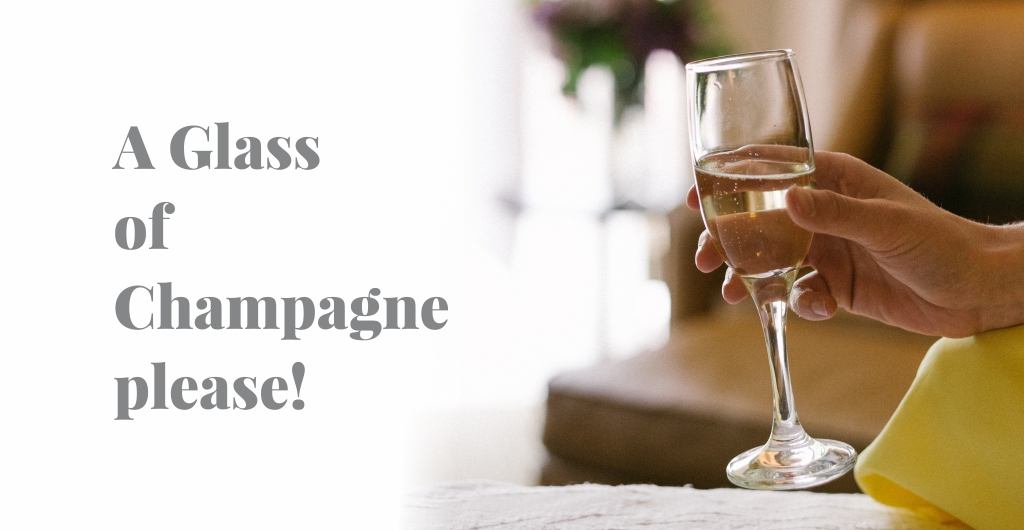Once regarded as the most popular in-room luxury amenity, minibars are now neglected and underused by most guests staying in Mid Scale, premium and luxury hotels. Let us admit minibars serve a useful purpose. They provide convenience to guests looking to satiate their untimely hunger cravings or cravings for a drink within the comfort of their rooms.
However they are expensive to maintain, yield low revenues, manpower to stock and monitor— minibars have fallen out of favour over the years. The fear of contamination furthers the reasons why many hotels are pulling the plug on them. They are no longer a novel concept and add only a tiny fraction to hotel revenues. Some hotels are even lowering the prices of minibar offerings, while others are getting rid of them altogether and some properties are offering a few items at no cost. The COVID effect that could spell a death knell.
How we stay and what amenities we use in hotels will forever be changed by the COVID pandemic. Hoteliers are altering spaces to meet the demands of a post-COVID world, whatever that is. They are also focusing on downsizing the content in guestrooms in a bid to stay ahead of the game and provide a hygienic stay.
Services such as the breakfast buffet, coffee stations, excess hangers and linens, even in-room minibars are being eliminated in a bid to lessen the surfaces that can attract the virus. On Demand Minibar items could be the new norm. Customized minibar kits with DYI (Doing Yourself In) recipes will take the forefront for in-room experiences. Newer hotels may not invest in this high cost Capex operation
CHALLENGES IN RUNNING A MINIBAR
High Labour Costs, highenergy consumption, space-consuming and overstocking resulted in the minibars falling out of favour with hotels.
In a particular study, nearly 500 hotel owners who were surveyed on their experience with minibar management, the owners collectively agreed that re-stocking minibars is a “nightmare,” with 84% reporting guests would dodge bills by stealing items and replacing stocked items with inferior products.
Hotels had to spend on technology to keep track of minibar sales. Some hotels installed motion-sensor technology. When a guest moved a packet of chips or chocolate, the sensor immediately notified them about the movement and the charges got added to their account. Other Problems with minibar management include expiry management, periodic cleaning and sanitisation of glassware, unavailability of good products with enough expiration time. Besides, the staff had to monitor the expiry dates of products.
A TripAdvisor survey showed that minibars are ranked as the least important amenity. Only 21% of the respondents found the room fridge an important amenity, compared with 89% who wanted a free wireless connection. An InterContinental Hotels Group survey on what was the most important amenity in a hotel room found that 61% picked free Wi-Fi and only 1% plumped for a minibar.
FUTURE CONCEPT OF MINIBARS
Minibars might get replaced with more lucrative and guest-friendly in-room appliances serving liquor-by-the glass, on-property shops, etc. Installing high-end appliances in rooms will not only help reduce labour cost but will also reduce wastage. Guests would be able to treat themselves to a glass of liquor instead of an entire bottle.”
The concept can also be utilized as an upsell tool, to enforce guest loyalty by offering a complimentary ‘welcome’ glass of liquor. Connecting these appliances to a room number and Wi-Fi will help the staff acquire complete information during check-out. Besides, most hotel guests prefer to relax and socialize in the lobby bar with the wine or spirit of their choice, rather than spend time in the comfort of their rooms.
Hotels have realised that guests prefer purchasing drinks and snacks from a small in-house outlet, placed near the lobby, or from a nearby 24-hour convenience store than from the minibar.
